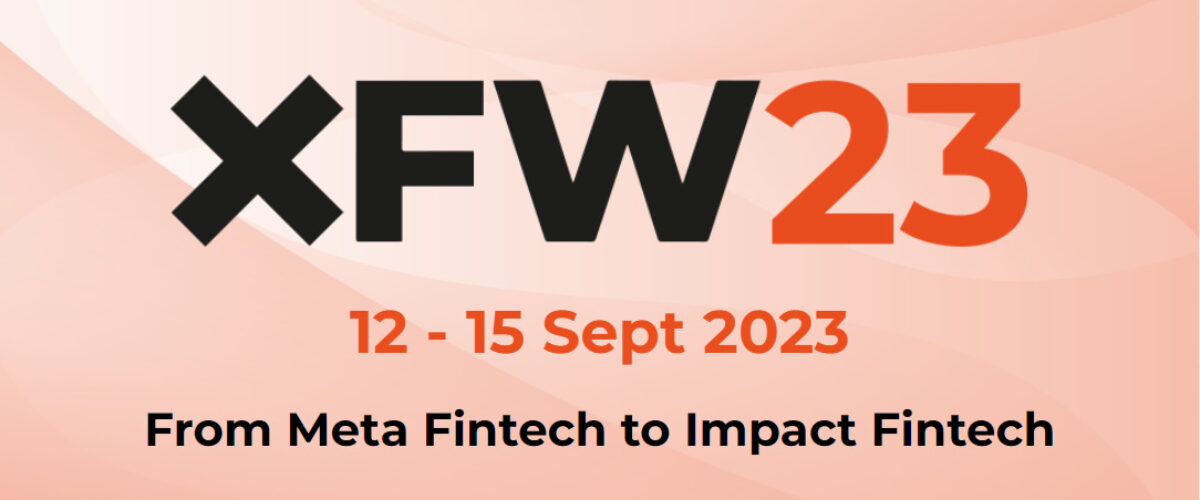Challenges and opportunities for the real estate ecosystem
Buildings are responsible for 40% of the energy consumption and 36% of the CO2-emissions in the EU. More and more real estate organisations, therefore, incorporate Environment, Social and Governance (ESG) components in their long-term sustainability strategy. This fuels the need for ESG disclosure and data management in order to measure relevant KPIs. What are the ambitions, challenges and opportunities of key stakeholders in the real estate ecosystem? Recently, Deloitte Real Estate and SBR Nexus facilitated a series of round table sessions on this topic. The results are shared below.
Motives for data collection
In the real estate ecosystem, there are three major motives for ESG data management. First of all, laws and regulations such as the Non-Financial Disclosure Regulation (NFDR), the EU Taxonomy, and the Sustainable Financial Disclosure Regulation (SFDR). Second, the ESG strategy of real estate companies. A transparent strategy makes an organisation more future-proof and competitive. Third, financing requirements. Banks and private investors are increasingly demanding when it comes to sustainability reporting, in order to be able to comply with laws and regulations themselves.
Future viability
The real estate ecosystem is increasingly committed to reporting on sustainability, as this will help all ecosystem partners to assure the future viability of their organisations. The round table sessions revealed differences between stakeholder groups with respect to maturity and ambitions. Compared to other stakeholders, institutional investors are relatively advanced in integrating ESG data into their organisations. Other key observations are that the main focus of stakeholders is on the Environmental component of ESG, which is relatively straightforward compared to Social and Governance, and that incentives for taking ESG measures are increasing.
Major challenges
However, the participants of the round table sessions also indicated that there are a number of major challenges. The most notable ones are: lack of alignment on ESG data and ESG performance standards, difficulties in sharing ESG data, unclear incentives for ESG data management and disclosure, and lack of coordination. Again, it’s the institutional investors that are most mature in this field. Yet they only have a small portion of the entire real estate market in the Netherlands. Who is going to push the rest of the market?
Five opportunities
All trends, ambitions and challenges considered, five opportunities were identified during the round table sessions. For instance, incorporation of standardised ESG data in valuation reports will create transparency of ESG performance in valuations, and improve ESG performance benchmarking. This opportunity, as well as the other four, and other key observations from the participants, are discussed in detail in our paper.
_____
Read the full report here.


